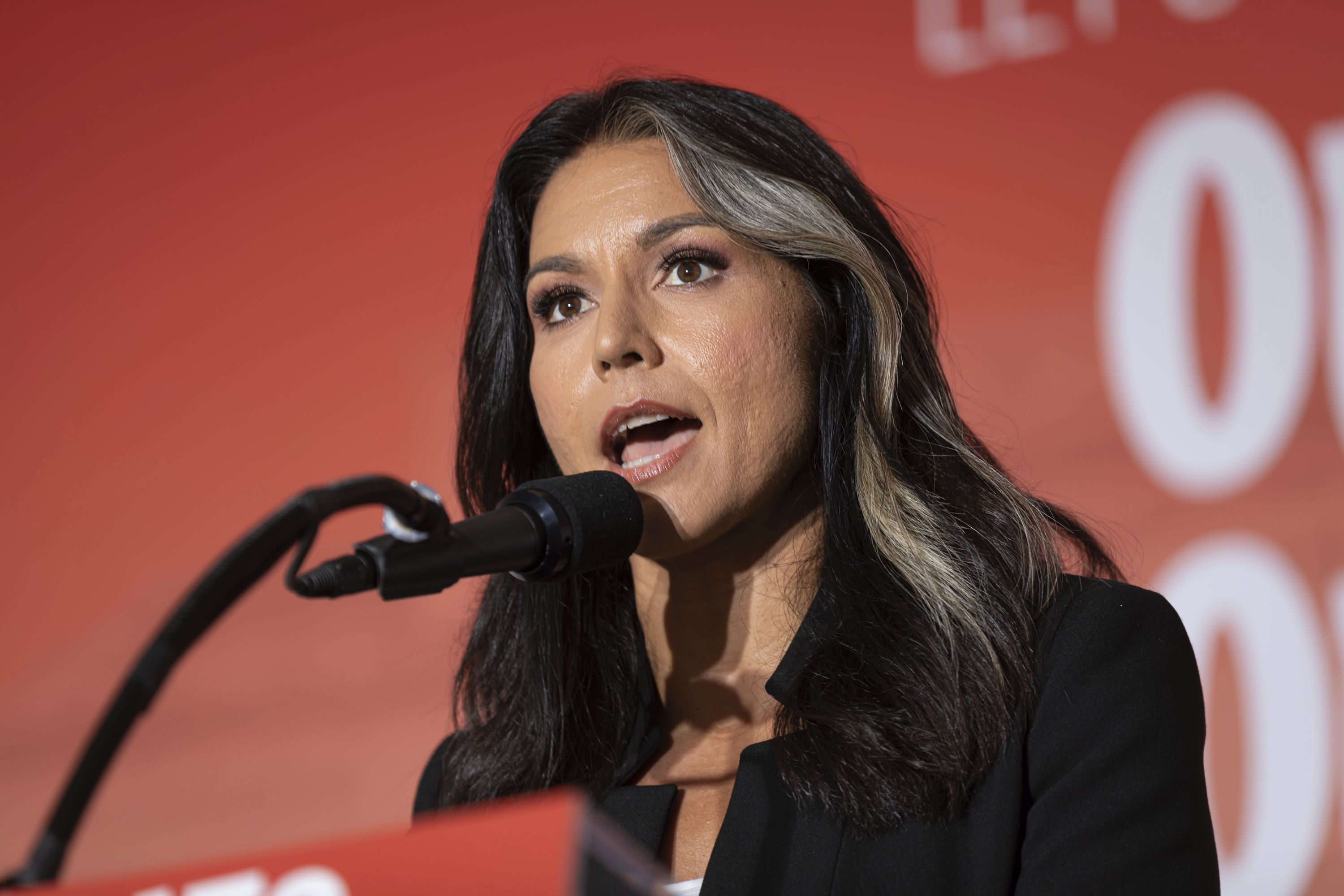In an era where discussions about inclusivity and fairness in sports have reached a boiling point, Sia Liilii, the captain of the University of Nevada, Reno volleyball team, is courageously stepping into the spotlight. During the “Stand With Women” forum in Philadelphia, she shared her harrowing experience regarding her team’s dispute with school officials over the inclusion of a transgender athlete in women’s sports. This revelation not only highlights the growing tension within collegiate athletics but also raises critical questions about the future of women’s sports.
Here's ads banner inside a post

Unpacking the Dispute
Liilii and her teammates found themselves embroiled in a contentious debate when they were told by school officials that the transgender athlete they would face was, contrary to popular belief, at a disadvantage due to the medications taken during transition. “The countless meetings that my teammates and I were dragged into, telling us that we’re not educated enough… that this person was actually at a disadvantage toward us women because they were under all these drugs,” Liilii explained, her voice tinged with frustration and pain. This assertion has sparked outrage among athletes who believe that such a viewpoint undermines their experiences and jeopardizes their safety on the court.
The stakes became even higher when allegations surfaced that the transgender player could spike the volleyball at nearly 80 mph—a speed that naturally instills fear for the physical safety of Liilii and her teammates. This concern was echoed in a lawsuit filed by Brooke Slusser, a player from San Jose State, who articulated similar fears about competing against a trans athlete. Such claims have intensified the debate surrounding the physiological advantages that transgender women may retain even after transitioning.
Here's ads banner inside a post

The Science Behind the Debate
A 2021 scientific review examining transgender athletes revealed that muscle mass remains notably high post-transition. Furthermore, a study published in the British Journal of Sports Medicine pointed out that transgender women often demonstrate increased grip strength even after hormone therapy. These findings add layers of complexity to an already nuanced discussion, as they challenge the assertion that transitioning automatically diminishes competitive advantage.

Here's ads banner inside a post
In a segment from ESPN’s “Sports Science,” physiologist Tommy Lundberg made a striking conclusion: “Male bodies will undoubtedly retain physical advantages over women even if puberty blockers are used.” This assertion aligns with the experiences shared by Liilii and her teammates, emphasizing the fears surrounding safety and fairness in competition.

Liilii’s Call to Action
In her address at the forum, Liilii did not merely present her grievances; she also encouraged fellow female athletes to assert their rights and speak out against competing with transgender athletes. “I’m here today to tell those women who are forced to play against these biological males that you have a voice, so use it and be courageous, be brave, and don’t fear anything,” she urged, advocating for solidarity among women in sports. Her powerful words resonate with many who feel sidelined in this increasingly contentious discourse.

The event also featured former Congresswoman Tulsi Gabbard, who amplified Liilii’s concerns by questioning the motives of those who support transgender inclusion in women’s sports. “Why don’t you believe Sia? Why don’t you believe her teammates and those who are afraid of being smashed in the face by a male player at full force with a volleyball?” Gabbard’s remarks struck a chord, drawing attention to the fears of physical confrontation that many female athletes harbor.

University Response and Legal Implications
The University of Nevada’s response to the controversy has been equally charged. In previous statements, university officials indicated that while the volleyball team had requested to forfeit their match against San Jose State, they lacked the authority to do so. This decision was complicated further by the state law, which asserts that equality of rights cannot be denied based on gender identity, among other factors. In essence, the university stated that their inability to forfeit the match was rooted in legal obligations, not in disregard for the athletes’ concerns.

“We felt unsafe and dismissed,” Liilii said, sobbing during a press conference. “We met with our school officials to give them our team’s new statement, but they wouldn’t even hear it. We were told that we weren’t educated enough and that we didn’t understand the science.” Such statements from university officials only deepened the rift between the athletes and their institution, prompting a wave of protests among female athletes advocating for their rights.
A Broader Cultural Commentary
This incident is not merely a local concern; it is emblematic of a broader cultural battle raging in sports and society. The voices of athletes like Liilii are crucial in shaping discussions about fairness and inclusivity. As sports organizations grapple with policy changes to accommodate transgender athletes, the impact on women’s sports remains a focal point of contention.
The potential implications of this ongoing debate extend beyond the volleyball court. If female athletes feel unsafe or sidelined, the very foundation of women’s sports could be at risk. This dilemma brings to light the necessity for open dialogue and thoughtful examination of policies regarding transgender athletes. The future of women’s sports hangs in the balance, and the need for equitable solutions is more urgent than ever.




